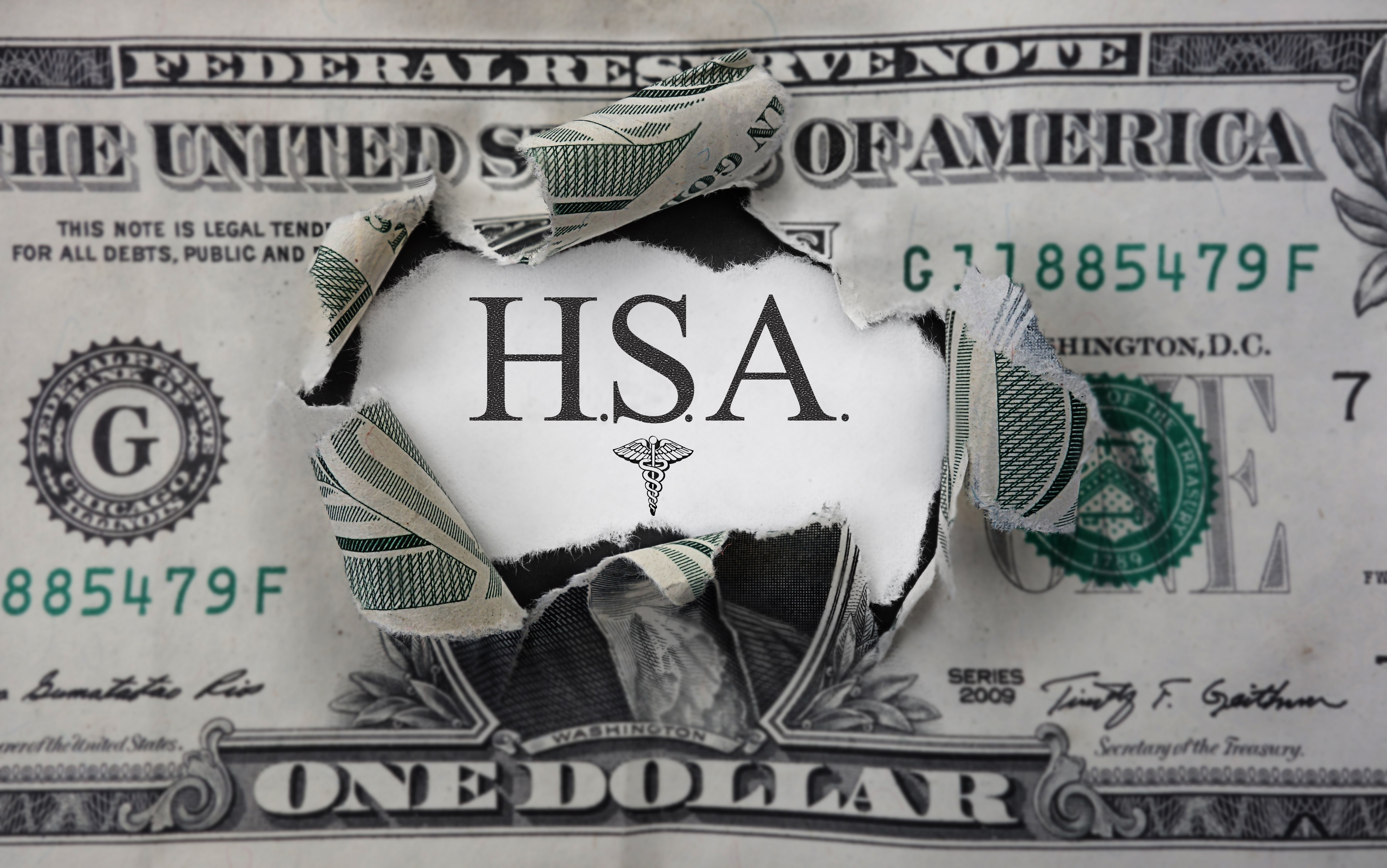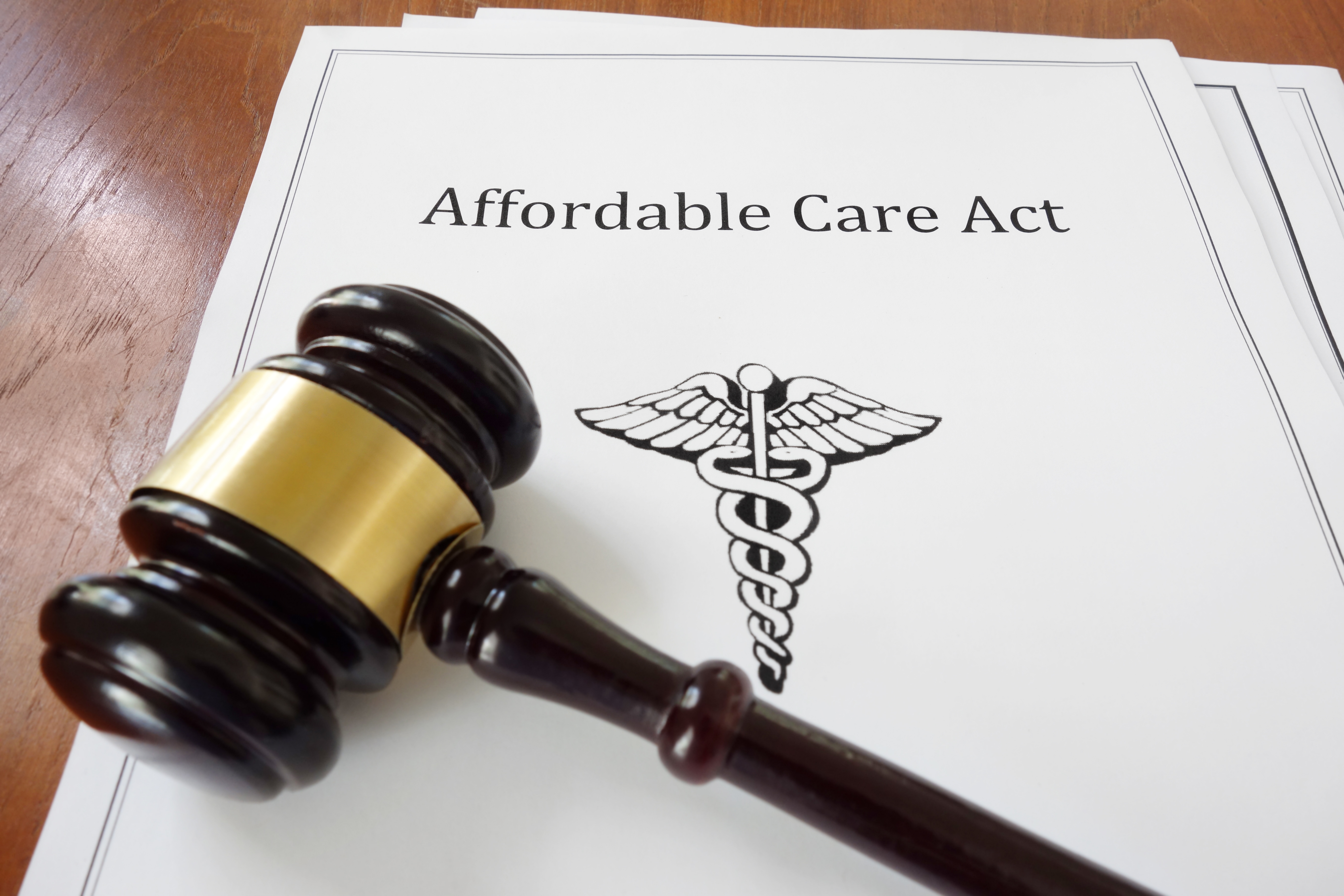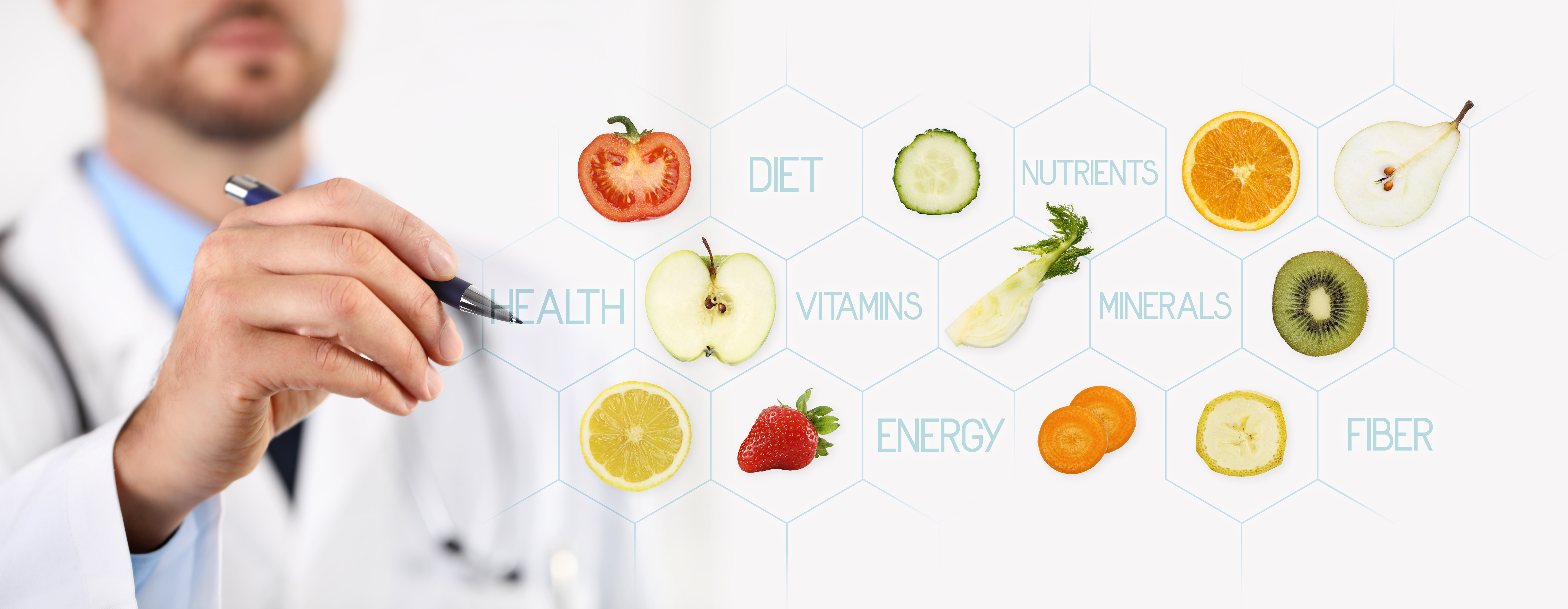
HSA 101
August 27, 2018
THE ACA REMAINS IN PLACE AFTER BEING STRUCK DOWN BY FEDERAL COURT
December 17, 2018If three months of changing your diet does not lower your LDL cholesterol levels, consult your physician. He or she may put you on medication or refer you to a dietician for more assistance.
Diet plays a big part in why some people suffer from high cholesterol. Modifying your diet even a little can lower your cholesterol – lowering your risk for heart disease and stroke.
Avoid Eating a Lot of Meat
- Make meat a minor player in your meals and eat lots of fruits and vegetables instead.
- Trim the fat and skin from meats and poultry.
- Avoid eating fatty cuts of beef, pork and lamb.
- When eating out, opt for a smaller portion of meat or choose to eat something vegetarian.
Eat Low-Fat Dairy Products: Avoid dairy containing whole milk and cream.
Snack Wisely: Opt for low-fat snacks such as unbuttered popcorn, dried fruits or fresh fruits and vegetables. Avoid high-fat, high-calorie options like chips and candy.
Reduce Saturated Fat in Food Preparation
- Instead of butter or margarine, use a small amount of olive oil or cooking spray.
- Avoid using palm and coconut oil; use canola, sunflower, safflower, corn, soybean, olive and peanut oils instead.
- Bake, broil, roast, steam or stew food instead of frying.
Reduce Your Dietary Cholesterol Intake
Eat no more than four egg yolks per week. Replace one egg with two egg whites in most recipes.
- Eat no more than six ounces of lean meat, fish and poultry per day.
- Avoid eating cholesterol-rich meats such as liver, brains and kidneys.
Eat Fiber-Rich Foods: Opt for fruits and vegetables, whole grains and legumes that are low in calories and high in fiber and complex carbohydrates.
Go for Nuts, Fruits and Vegetables: Fruits and vegetables are water-dense, contain lots of nutrients and protect your heart. Nuts are a great source of protein, but should be eaten in moderation because they are high in calories.
Eat Lots of Fish: Fish have essential fatty acids (omega-3s and omega-6s).
Reduce Your Salt Intake: Use herbs and spices to flavor your food instead of table salt. Be aware of the sodium content in foods such as soups and sauces.
Avoid Trans Fats: Trans fats raise LDL cholesterol levels (bad cholesterol) and lower HDL cholesterol levels (good cholesterol). Avoid foods containing trans fats completely or eat them in extreme moderation.
Drink Alcohol in Moderation: Women should consume up to one drink per day and men should have up to two drinks per day.
Read Product Labels: Avoid foods with the following items listed as one of the first ingredients:
- meat fat, coconut or palm oil, cream, butter, egg or yolk solids, whole milk solids, cocoa butter, chocolate, or hydrogenated or partially hydrogenated fat or oil.




